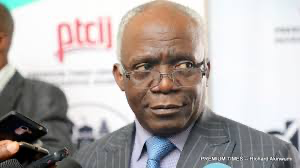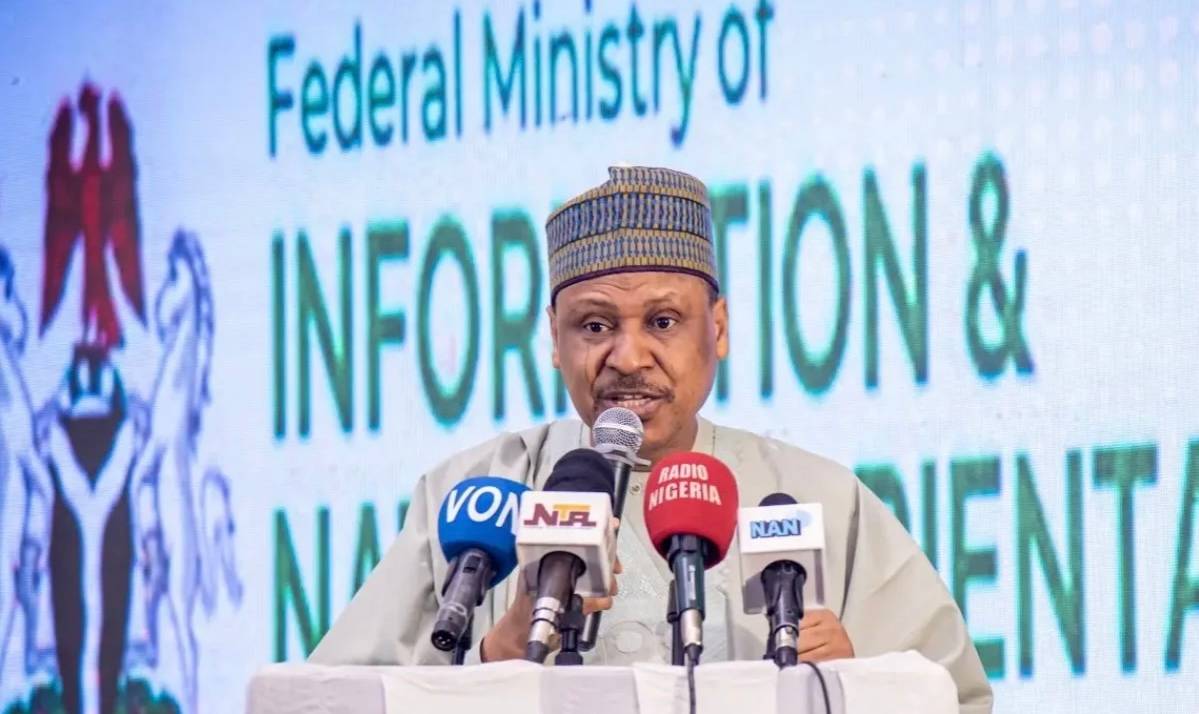By Pius Ade Babaleye Pab
Protests are an essential aspect of democratic governance, providing citizens with the opportunity to voice their concerns and hold their leaders accountable. However, the recent surge in nationwide protests across Nigeria has brought to light the need for a more organized and controlled approach to public demonstrations. It is time for the Nigerian government to consider establishing designated protest squares, a concept already in practice in many advanced countries.
In nations with well-established democracies, specific areas are reserved for protests. These protest squares serve as designated spaces where citizens can gather to express their grievances, rally for their causes, and demand action from their governments. This approach offers numerous advantages, not only for the protesters but also for the broader society.
*ADVANTAGES OF A PROTEST SQUARE*
1. *Controlled Environment*:
A designated protest square allows for better control and management of protests. Law enforcement agencies can concentrate their resources on ensuring safety and order within a defined area, reducing the likelihood of protests spilling over into unintended areas, which often leads to clashes with authorities and unnecessary destruction of property.
2. *Minimized Disruption*:
Protests, especially when they take place on busy streets, can disrupt daily activities, causing traffic congestion and halting business operations. By confining protests to a specific area, the rest of the city can function normally, thereby minimizing the economic impact of such demonstrations.
3. *Preventing Violence and Destruction*:
One of the significant challenges in managing protests in Nigeria is the tendency for some demonstrations to turn violent. A designated protest square, with appropriate security measures in place, can help prevent violence, looting, and destruction of property, ensuring that protests remain peaceful and focused on their objectives.
4. *Respect for the Right to Protest*:
Establishing a protest square is not about stifling dissent but rather about providing a safe and recognized space for it. It reinforces the government’s commitment to upholding the constitutional right to peaceful assembly while also maintaining public order.
*LEGAL FRAMEWORK AND ENFORCEMENT*
For a protest square to be effective, there must be clear legal guidelines governing its use. The government should enact laws that define the boundaries of the protest square, outline the rights and responsibilities of protesters, and establish penalties for those who attempt to breach the designated area. This legal framework should also address the role of law enforcement in ensuring that protests remain peaceful and within the confines of the square.
Furthermore, the government must ensure that these protest squares are accessible to all citizens, regardless of their social or political affiliations. They should be strategically located in major cities and equipped with the necessary infrastructure, such as public restrooms, first aid stations, and adequate security.
*A STEP TOWARDS A MORE ORGANISED DEMOCRACY*
As Nigeria continues to evolve as a democracy, it is crucial to adopt practices that promote orderly and peaceful expressions of dissent. The establishment of protest squares is a step in this direction. It not only preserves the right to protest but also protects the interests of the broader society by preventing unnecessary destruction and ensuring that public demonstrations remain focused on their purpose.
In conclusion, the time has come for the Nigerian government to consider the establishment of protest squares across the country. By doing so, Nigeria can join the ranks of advanced democracies that have successfully balanced the right to protest with the need for public order and safety. This initiative will undoubtedly contribute to the growth of a more organized and mature democratic society in Nigeria.














